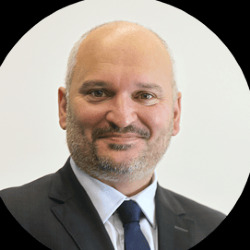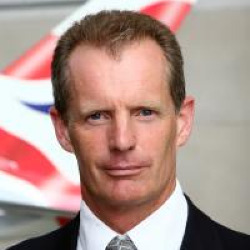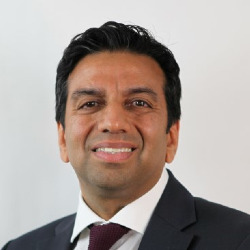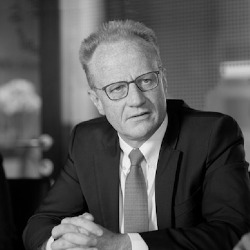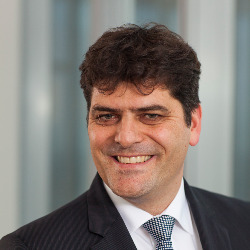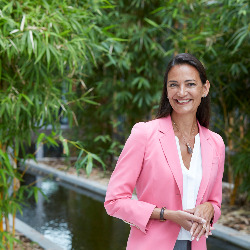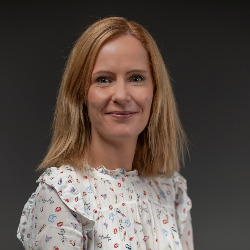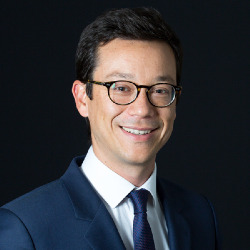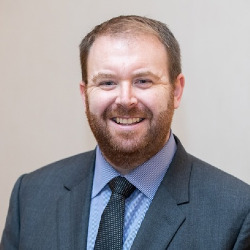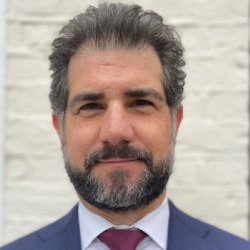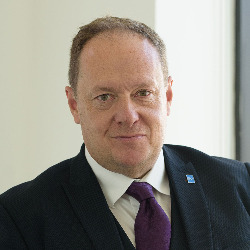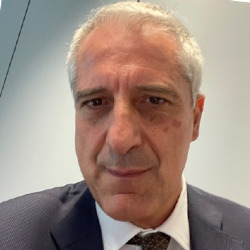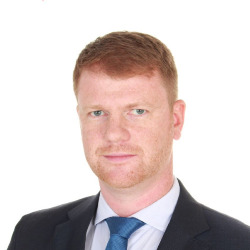Damien Meadows
Advisor on European and International Carbon Markets,
DG Clima, EU
While
effective carbon pricing is generally considered to be essential for
achieving climate goals, it has sometimes been resisted by airline
representatives. This session will outline the ways in which the EU
Emissions Trading System is encouraging emission reductions. Apart from
its price incentive for the use of SAF, there is €1.6 billion funding
available from January this year - on a first-come first-served basis -
to cover up to 100% of the price difference for the uptake of SAF.
The
EU ETS also has an Innovation Fund, where a €4 billion call is
currently open for innovative proposals, including – for the first time -
to reduce aviation’s non-CO2 effects that make up around 2/3
of its total climate impacts. Funding is already taking place for the
construction of bio-fuel and e-fuel production facilities, as well as
for battery development at airports. These incentives are being rolled
out on a continuing basis, and could be expanded and improved over time
in the light of experience.
- How do you access these funds, what is the criteria?
- What numbers are we talking about?
- Who is eligible to apply?

